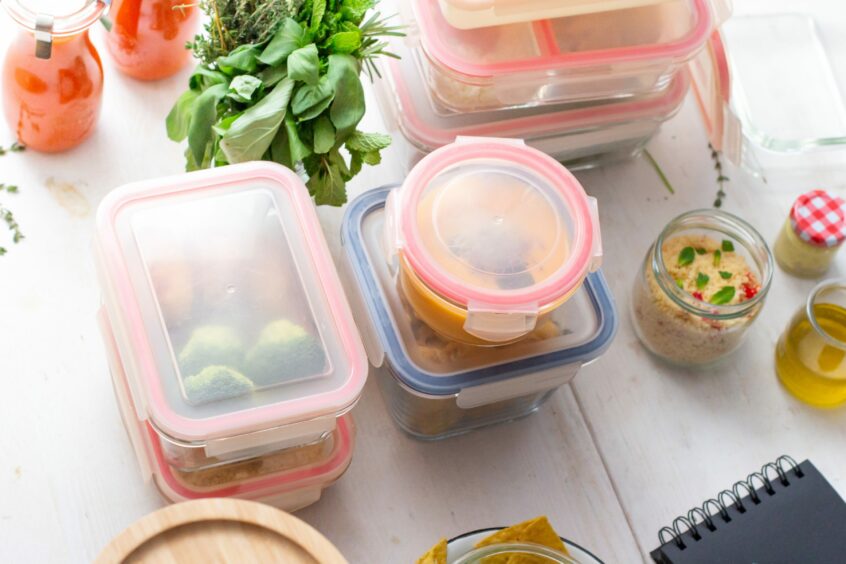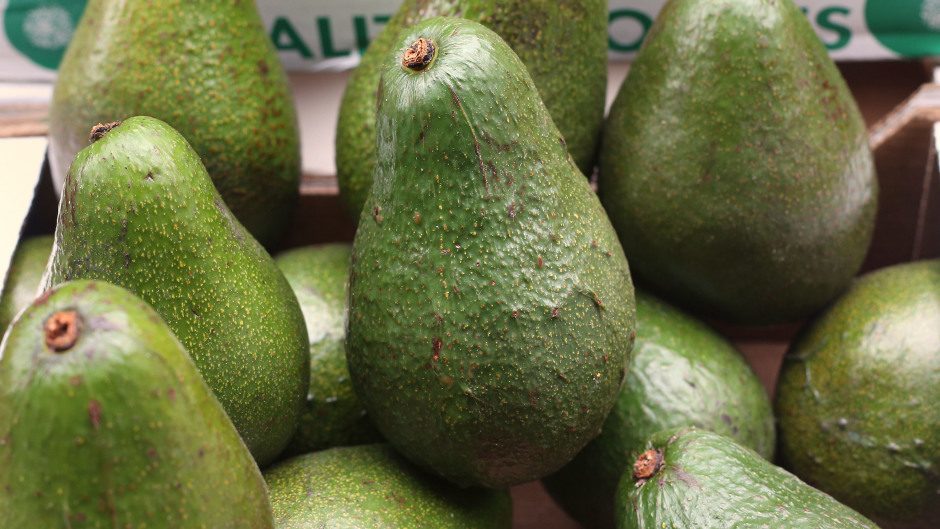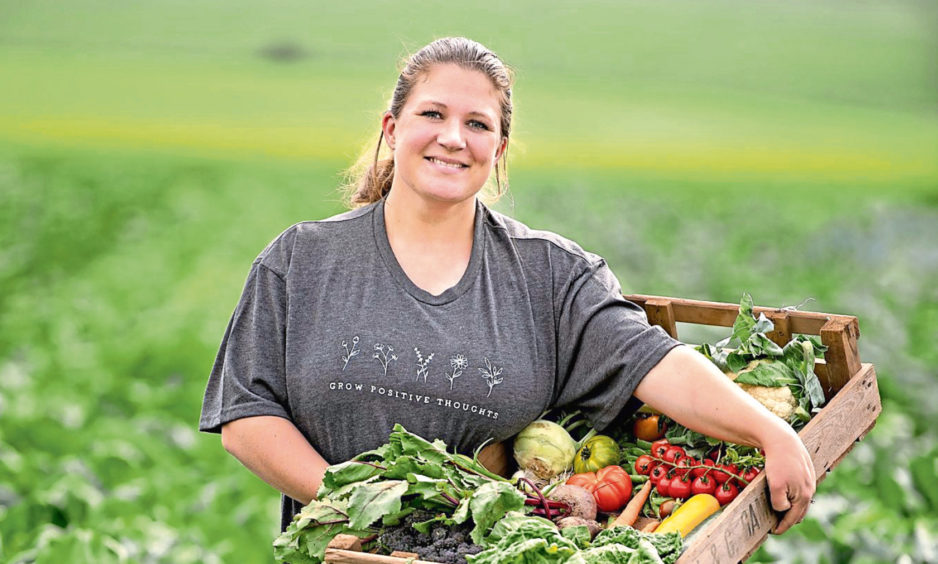You may find yourself falling into one, two or all of the following scenarios due to the cost of living crisis.
- A dinner outing has been planned for weeks with your close friends. The date has arrived on the calendar and it is one you have been dreading since securing the plans – not because of the catch-up, but due to the high dish prices at the chosen restaurant. You feel as though you have no other choice but to cancel.
- You are out with your kids, whether it be at the supermarket, an activities centre, or an event. Food and drink have to be involved in one way or another, but when your little ones pick up a pricey branded product to feast on, you dismiss their requests.
- It’s been a long, challenging week and all you and your significant other want to do is whip up a tasty meal to enjoy at home. You head to your nearest superstore and browse the aisles, but the cost of your basket’s contents is staggering. The pair of you settle for soup and a sandwich – a tasty combination, but nothing close to what your taste buds were after.
The rising cost of living has had many of us facing obstacles, some more than others.
But making small changes to your daily/weekly routine may mean that you don’t have to sacrifice those exciting restaurant visits, homemade meals and treating your kids.
With the help of some of our Press and Journal readers, we have pulled together a list of tips and advice on how to save some pennies on, you guessed it, food and drink.
They are also very much focused on how to do this whilst being conscious of your health.
If you have any more suggestions on how we can eat healthier on a budget, let us know in the comments section at the bottom of this article
Prepare meals in bulk
Preparing your meals in bulk has a multitude of benefits.
It not only saves time on what to cook every night, but it allows you to better manage your portion sizes, create a better relationship with food and increase your confidence in the kitchen.
You’ll also save money as buying food in bulk is less expensive and anything that is left over can be frozen.
Kyle Jackson and Graham Mitchell, both from Aberdeen, recommended this, saying that anything from soups to sauces and ragu to stews can be made in bulk.
“Get into a routine, meal prep your breakfast if you’re on the go, make things that require no or very little cooking (like overnight oats), or buy pots of porridge to take with you,” said Kyle.
Jenna Urquhart, Amity Fish Company’s digital content creator, agreed that buying and preparing meals in bulk is an easy way to save money.
Meal plan
Meal planning has near identical perks to preparing meals in bulk, although this time around, they usually change daily.
This means you can enjoy more variety throughout the week.
Pitmedden local Susan Smith meal plans with Sugar Pink Food: Slimming Recipes by Latoyah, opting for click and collect or delivery and only ordering what she needs.
Some examples of recipes include tiramisu overnight oats, banoffee Weetabix, sushi roll in a bowl, chicken and bacon ranch potato salad, cheesy hashbrown waffles, and more.
Amity Fish Company offers a range of ready-to-eat meals, too, which require no cooking or heat.
Avoid wasting food
Reducing food waste has never been more important – and one way to do this is by moving a number of your essential food items into the fridge.
The following products have been recommended by Rafaelle Rochira, refrigeration category manager at home appliance brand Hotpoint, to shift to the fridge.
- Eggs: For optimum quality and safety, eggs should be kept at a steady temperature below 20C.
- Avocados: They should be stored in a cool, dark space at around 20C and once ripe, uncut avocados can be stored in the refrigerator, unpeeled, for up to one or two weeks.
- Bananas: Refrigerating unripe bananas will stop the ripening process and prevent the peel turning black.
Supporting local
Supporting local businesses is something that has been drilled into our minds in recent years, primarily due to the pandemic.
However, there is a stigma that these businesses are far more expensive than a visit to the supermarket, which isn’t always the case.
Farm to Table, co-owned by Fiona Gammie, is a prime example of this.
Fiona said: “We grow a lot of our own veg and, although the input costs have gone up this year, we haven’t increased our prices.
“Our homegrown salad tatties are the same price now as they were in 2018. They will go down in price once we can harvest in bulk come late September or October.”
Farm to Table also offers ‘hero’ baskets on a daily basis to customers. They feature everything from peas, purple cauliflower, beetroot, strawberries, carrots, lemons, garlic, spring onions, aubergine, kale and potatoes.
“This means as a business we have less waste and our customers are getting a bargain too,” Fiona added.
“It’s allowing people access to super affordable fresh veg and fruit which often get left out of discount bins because they need the fridge etc.”
Amity Fish Company, based in Peterhead, also offers a line-up of impressive deals which are perfect for those conscious of the rising cost of living.
This includes its selection of fish boxes that can be delivered straight to your door.
A skipper saver box includes more than 20 portions of seafood for £30. If you were to buy the contents individually, it would cost you £9.95 more.
Haddock breaded pieces – sold in a 400g pack containing three portions, costing £3.95, luxury cod dogs – sold in packs of six for £4.95 or boxes of 24 for £17.95, and two breaded haddocks – available for less than £4 – are among the offering, too.
Jenna said: “All of the above can be cooked straight from frozen in less than 20 minutes and contains delicious, nutritious Scottish seafood – allowing customers to eat well for less.”






Conversation